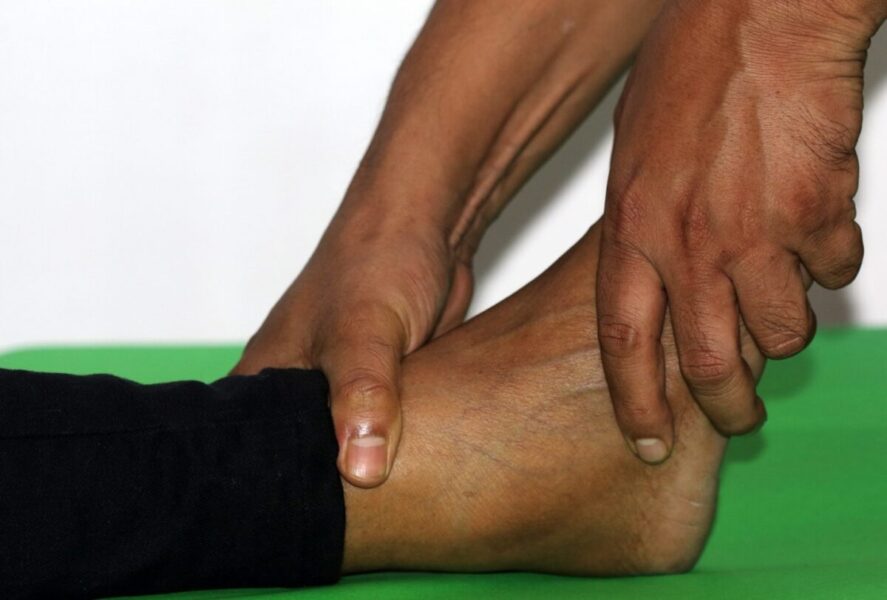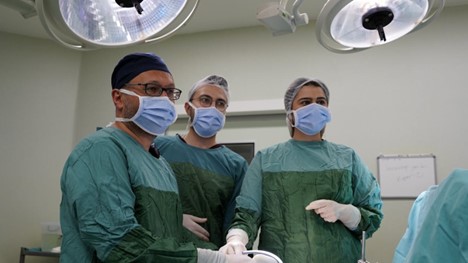The Road to Relief: Understanding and Addressing Eye Fatigue
Have you ever experienced that heavy, strained feeling in your eyes after a long day of staring at screens or reading? It’s a common complaint in today’s digital age, where our eyes are constantly bombarded with stimuli from electronic devices. But what exactly causes this sensation of tiredness in our eyes, and what can we do to alleviate it? Let’s delve into the science behind why our eyes feel tired and explore some tips for relieving eye fatigue.
The Culprits Behind Eye Fatigue:
Several factors contribute to the tiredness we feel in our eyes:
- Screen Time: In today’s world, many of us spend hours each day glued to screens, whether it’s our computers, smartphones, or televisions. Staring at screens for prolonged periods can strain the eyes due to the blue light emitted by these devices. Additionally, the constant refocusing of our eyes as we switch between different screens and distances can lead to fatigue.
- Poor Lighting: Inadequate lighting can also strain our eyes, forcing them to work harder to see clearly. Dim lighting can cause glare and reflections on screens, further exacerbating eye fatigue.
- Reading: Reading for extended periods, especially in poor lighting conditions, can tire out our eyes. The small text size in books or on screens requires our eyes to focus more intensely, leading to fatigue over time.
- Dryness: Insufficient blinking, often induced by focusing intently on screens or reading, can lead to dry eyes. Dryness, in turn, causes discomfort and contributes to eye fatigue.
- Underlying Eye Conditions: Sometimes, underlying eye conditions such as astigmatism, nearsightedness, or farsightedness can exacerbate eye fatigue. Individuals with uncorrected vision problems may strain their eyes more while trying to see clearly, leading to tiredness.
Tips for Alleviating Eye Fatigue:
Now that we understand the common causes of eye fatigue, let’s explore some strategies for relieving it:
- Follow the 20-20-20 Rule: Take regular breaks from screen time by following the 20-20-20 rule. Every 20 minutes, look away from your screen and focus on an object at least 20 feet away for at least 20 seconds. This helps relax the eye muscles and reduce strain.
- Adjust Lighting: Ensure that your workspace is well-lit to reduce eye strain. Use task lighting to illuminate your work area adequately, and avoid glare and reflections on your screen by adjusting the position of your monitor or using anti-glare filters.
- Blink More Often: Remind yourself to blink regularly, especially when working on screens or reading. Blinking helps moisten the eyes and prevent dryness.
- Use Artificial Tears: If you experience persistent dryness, consider using lubricating eye drops (artificial tears) to keep your eyes hydrated and comfortable.
- Get Regular Eye Exams: If you’re experiencing frequent eye fatigue or discomfort, it’s essential to get regular eye exams. An optometrist can identify any underlying vision problems and prescribe corrective lenses or other treatments as needed.
See the full scientific article from WebMD.
By taking regular breaks, optimizing lighting conditions, and practicing good eye hygiene, we can reduce strain on our eyes and enjoy clearer, more comfortable vision in our daily lives. Remember, your eyes deserve care and attention too!
Are you interested in enhancing your daily diet with Omega-3 fatty acids? Look no further than Asher Longevity Institute’s Marine Fish Oil supplement. Omega-3 fatty acids are renowned for their remarkable anti-inflammatory properties and may help protect against age-related macular degeneration (AMD) and dry eyes. If you don’t consume enough fish, you can consider fish oil supplements or algae-based omega-3 supplements for a vegetarian or vegan option.




